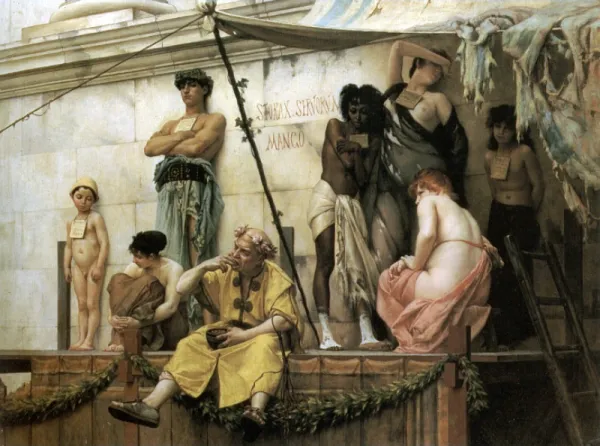Grassroots outrage and nationwide protests after Minneapolis cops murdered George Floyd have pushed much of U.S. corporate media into focusing on deadly police mistreatment of black people. The coverage is far from comprehensive on the subject of racism in the “criminal justice” system -- we’re still hearing very little about the routine violations of basic rights in courtrooms and behind bars -- yet there’s no doubt that a breakthrough has occurred. The last two weeks have opened up a lot more media space for illuminating racial cruelty.
But what about economic cruelty?
Media outlets routinely detour around reasons why African Americans and other people of color are so disproportionately poor -- and, as a result of poverty, are dying much younger than white people. The media ruts bypass confronting how the wealthy gain more wealth and large corporations reap more profits at the expense of poor and middle-income people.
The statistics are grim. For every black person killed by police, vastly more are dying because of such conditions as a threadbare safety net, a lack of adequate employment, and scant access to health care or social services.
Readily available numbers are indictments of systemic racism. At the same time, numbers tell us virtually nothing about the human essence of widespread, tragic and fully preventable suffering that, in the words of Marvin Gaye’s brilliant song “Inner City Blues,” make me wanna holler.
News media habitually tiptoe around deadly realities of economic oppression that are hidden in plain sight -- so normalized that they’re apt to seem perversely natural. Meanwhile, government is routinely portrayed as inherently hamstrung, lacking in funds and unable to cope. But from city halls and state legislatures to corridors of power in Washington, the priorities that hold sway are largely imposed by leverage from big corporations and the wealthy who want their financial interests protected.
"When we say #DefundPolice,” Congresswoman Rashida Tlaib tweeted days ago, “what we mean is people are dying and we need to invest in people's livelihoods instead. Example: Detroit spent $294 million on police last year, and $9 million on health. This is systemic oppression in numbers."
The official city bar chart that accompanied Tlaib’s tweet amounts to a smoking gun of a ceaseless class war raging across the United States and far beyond.Huge numbers of people whose names we’ll never know are casualties of that profit-driven war.
From slavery onwards, vicious economic exploitation has been central to the oppression of African Americans. In spite of that reality -- and because of it -- the prevailing power structure and its dominant media arms are eager to separate racial justice from economic justice.
Yet the separation is absurd and disingenuous. “A close examination of wealth in the U.S. finds evidence of staggering racial disparities,” the Brookings Institution reported this year. The latest figures show that “the net worth of a typical white family is nearly 10 times greater than that of a black family.” Those wealth gaps “reveal the effects of accumulated inequality and discrimination, as well as differences in power and opportunity that can be traced back to this nation’s inception.”
It’s symbolic that while we’ve often heard that Martin Luther King Jr. gave his famous “I have a dream” speech at the historic march on Washington in 1963, the fact that it was called the “March on Washington for Jobs and Freedom” isn’t often mentioned. Five years later, King was murdered while in Memphis to support a union struggle by exploited sanitation workers as he was immersed in planning the next stages of the Poor People’s Campaign.
Today, the humongous gaps between wealth and poverty -- and the lethal consequences of those gaps -- are rarely in mass-media focus. Empathy for low-income people might be fine in medialand, but they’re commonly portrayed as victims of bad luck or personal failings rather than the prey of victimizers who profit from immiseration.
As a practical matter, the economic ladder that keeps some people trapped on the lowest rungs is central to the health vulnerabilities of so many African Americans. Economic injustice is vital to the entire U.S. power structure. While many people of all races suffer as a result, people of color are at much greater risk.
In effect, corporate capitalism has proven itself to be fully capable of methodical sadism in the pursuit of maximizing profits. That ongoing reality, 24/7/365, is so routine -- and so powerfully entrenched -- that even U.S. news outlets doing decent coverage of police violence can rarely supply clarity about the “free enterprise” economic violence that is taking countless lives.
______________________________



